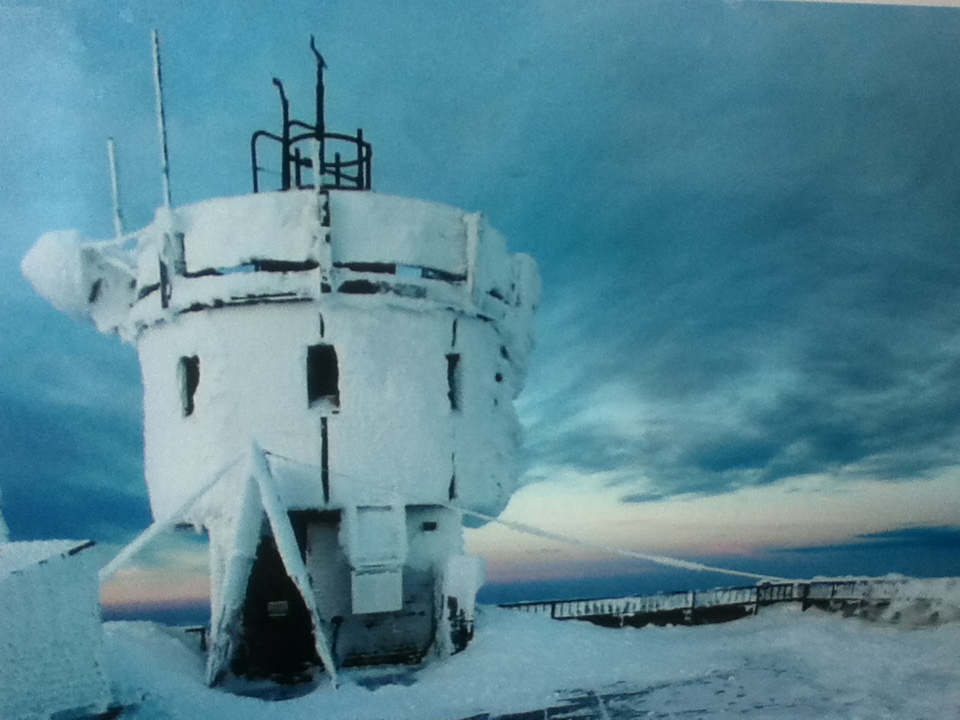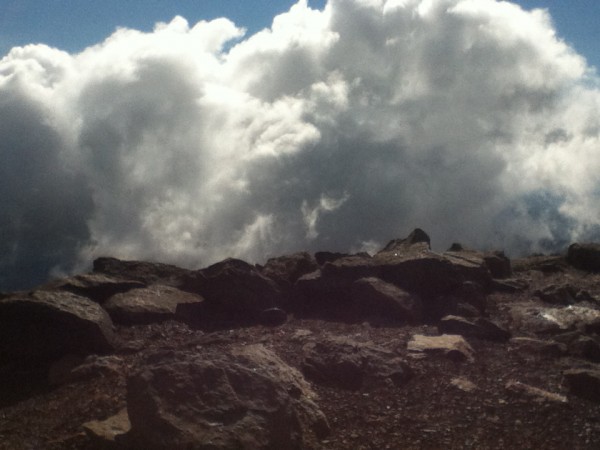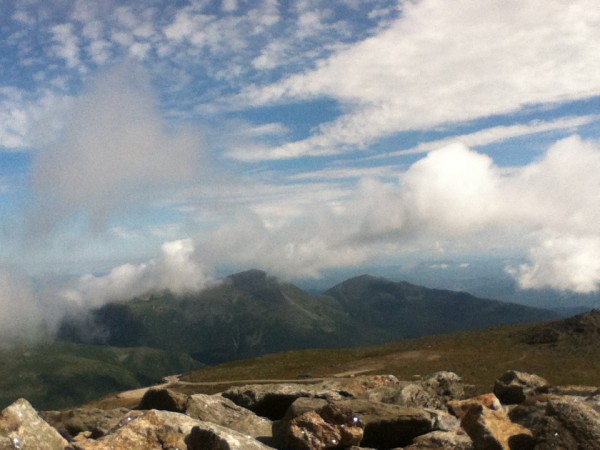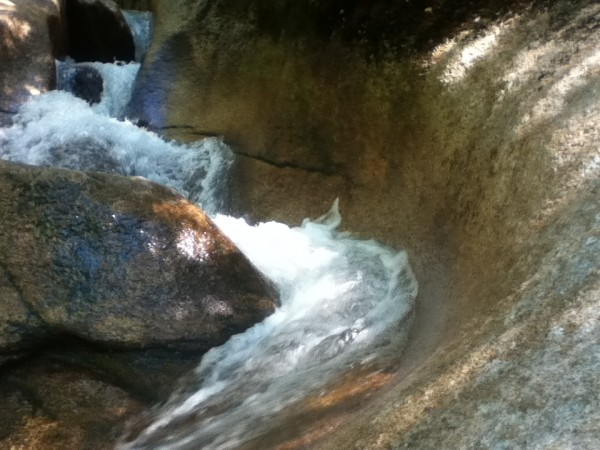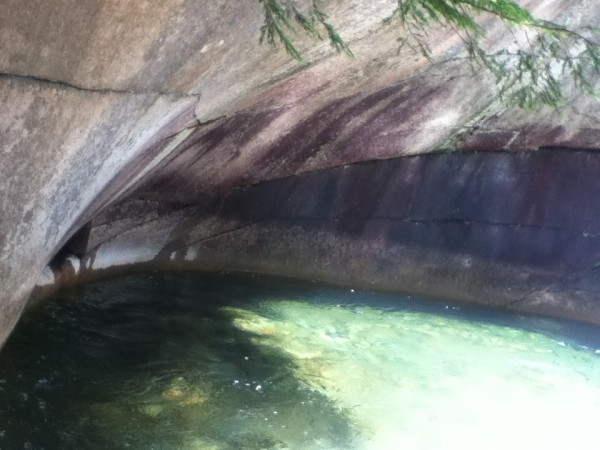We have managed small day hikes on parts of the Appalachian Trail (the “AT”) as we have headed up the East Coast from Georgia this last year. Sometimes we hiked in snow (Virginia), sometimes without a trail while walking on the same Appalachian Mountain ridge in Newfoundland, and finally, the windiest part of the trail, at the top of Mt. Washington, in the Presidential Range of the White Mountains of New Hampshire. We met amazing hikers, starting on their last leg as they head up the AT to Northern Maine, having started in Georgia early last spring. These guys caught all of the long cold winter this year, every bit of it. We don’t get to complain.
Mt. Washington is one of the most extraordinary places on earth. The highest recorded surface wind speeds were measured here on April 4th, 1934: 234 m.p.h. Mostly the wind is about 35 m.p.h., but over 100 days/year the wind reaches hurricane velocity, over 75 m.p.h. Although it is only 6,000 feet in elevation at the top, it sits in a “Perfect Storm” location. Treeline on the mountain is 4500 feet, whereas treeline in the Colorado Rockies with lots of 14,000 foot peaks, sits at 11,000 feet. It snows every month of the year here…except July 2013. We hit the mountain on the last day of July, and experienced the very rare, perfect weather. As the mountain is obscured with clouds 60% of daylight hours, we really lucked out! Maximum visibility allows views to Mt. Marcy in Maine and peaks in New York. The snows create drifts that tower over 18 stories high in the Tuckerman Ravine, and routinely scoured the asphalt off the access road so that parts of the road are never paved anymore.
Until 13 years ago when Everest ascents became even a newbie climbers’ reality (…along with their frozen coffins), Mt. Washington reported more fatalities each year than Everest. This year two fatalities occurred to experienced ice/rock climbers, while 30 successful rescues kept the fatalities down. The weather is so nasty that typical hiker rock cairns placed within eyesight of the last cairn, are placed only 8-10 feet apart here, anticipating near zero visibility. The experience up here was chilling, both in teaching respect for severe elements, and literally chilling as the Peak was a brisk 44 degrees for us, while the bottom of the mountain, was 81 degrees. I guess we just found another great way to beat the East Coast heat and humidity in summer.
We did a hike on the Flume Trail and visited The Basin in Franconia Notch State Park. It was a pretty walk in the woods, by a steep rushing creek carving deep vertical walls through the rock, until it screamed through polished banked corners, like waterpark rides. A nice stop but we couldn’t stop looking up to see if we could catch a last glimpse of Mt. Washington.

